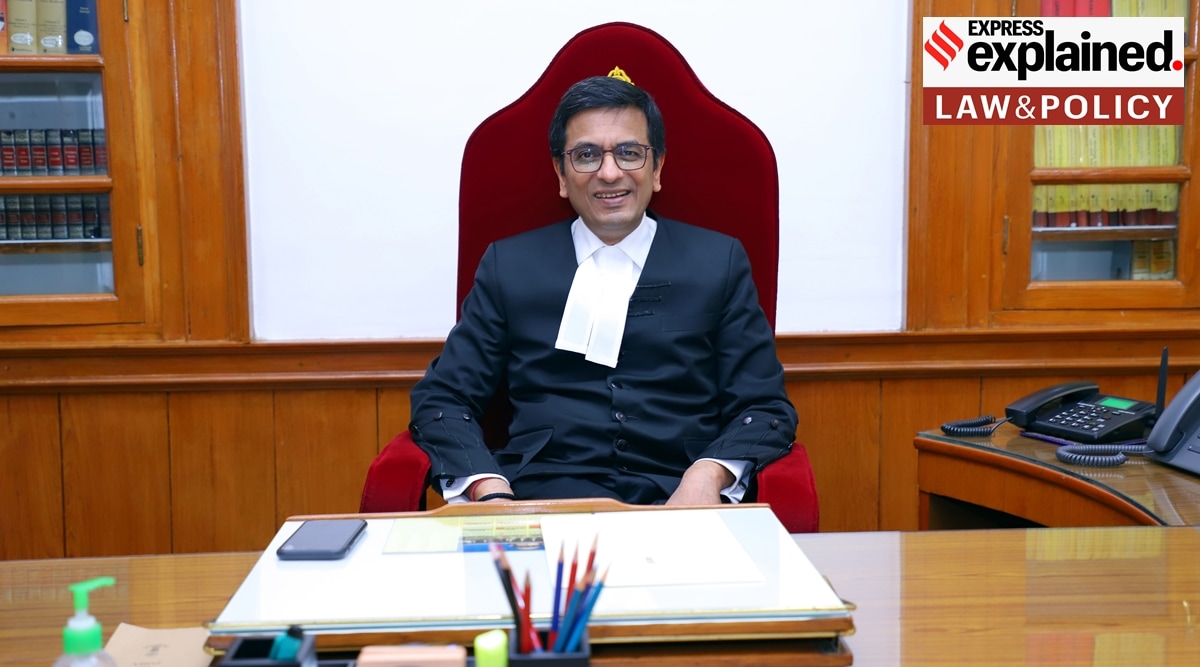A bench presided by Chief Justice of India D Y Chandrachud also set aside the Kerala High Court order which upheld the government action and directed that the licence be renewed in four weeks’ time.

Criticising the Centre’s “cavalier” manner in which it presented its evidence in a sealed cover and raised the matter of “national security”, the apex court said that “On a perusal of the material, no reasonable person would arrive at the conclusion that the non-disclosure of the relevant material would be in the interest of national security and confidentiality.”
The case
The Ministry of Information and Broadcasting had on January 31, 2022, refused to renew the broadcast licence of Malayalam channel MediaOne on the ground that the Ministry of Home Affairs had declined to grant it security clearance while considering the request for renewal of license.
The MHA, as per the Supreme Court judgement delivered Wednesday, cited alleged links between the channel promoters Madhyamam Broadcasting Limited and the Jamaat-e-Islami Hind.
Following this the channel was taken off air.
What happened in the High Court?
The channel approached the Kerala High Court against the Centre’s action. During the hearing in the HC, the Centre told the HC that the decision to revoke the licence was based on grounds of national security.
On February 9, 2022, a single bench of the HC had upheld the ban on the channel. On appeal, a division bench of the High Court, on March 2, upheld the order of the Single Judge.
Story continues below this ad
What did the HC say?
The HC division bench observed that when certain issues with respect to security of the State are concerned, the government is at liberty to decline to renew the permission granted without disclosing complete reasons for the non-renewal.
The bench observed that in the files produced before it, there are certain aspects affecting the public order, or the security of the State, on the basis of the report of the Intelligence Bureau and other investigating agencies. It said that “certain aspects relating to the security of the State are mentioned to the effect that Madhyamam Broadcasting Limited has some linkages with certain undesirable forces, which is stated to be a security threat”.
What happened in the Supreme Court?
On March 15, 2022, the SC stayed the Kerala High Court order and allowed the channel to resume operations.
The channel promoters contended that they were not given a chance to defend themselves as the national security reasons cited to deny renewal of licence were submitted to the HC in a sealed cover. It contended that the fundamental right to freedom of speech and expression, which includes the press freedom, can be restricted only on the grounds enumerated under Article 19(2) and that there was no allegation that the channel violated the Program Code.
Story continues below this ad
What did the Supreme Court say?
The Supreme Court on Wednesday set aside the Centre’s order revoking the channel’s broadcast license as well the High Court order upholding the government action. The top court was critical of the sealed cover procedure adopted in the HC and the “cavalier manner” in which the Centre “raised the claim of national security” to deny the security clearance.
It said, “While we have held that it would be impracticable and unwise for the courts to define the phrase national security, we also hold that national security claims cannot be made out of thin air. There must be material backing such inference. The material on the file and the inference drawn from such material has no nexus”.
It noted that in this case, “the state is using national security as a tool to deny citizens remedies that are provided under the law. This is not compatible with the rule of law”.
On MHA denying security clearance on the ground that the channel had links with Jamaat-e-Islami Hind, the SC said, “When JEIH is not banned organisation, it will br rather precarious for the state to contend that links with the organisation would affect the sovereignty and integrity of the nation, the security of the state, friendly relations with foreign states or public order.”
Story continues below this ad
It added that there was no evidence on record to show the channel shareholders are sympathisers to JEIH and hence “the purpose of denying security clearance, does not have a legitimate goal and a proper purpose”.








































